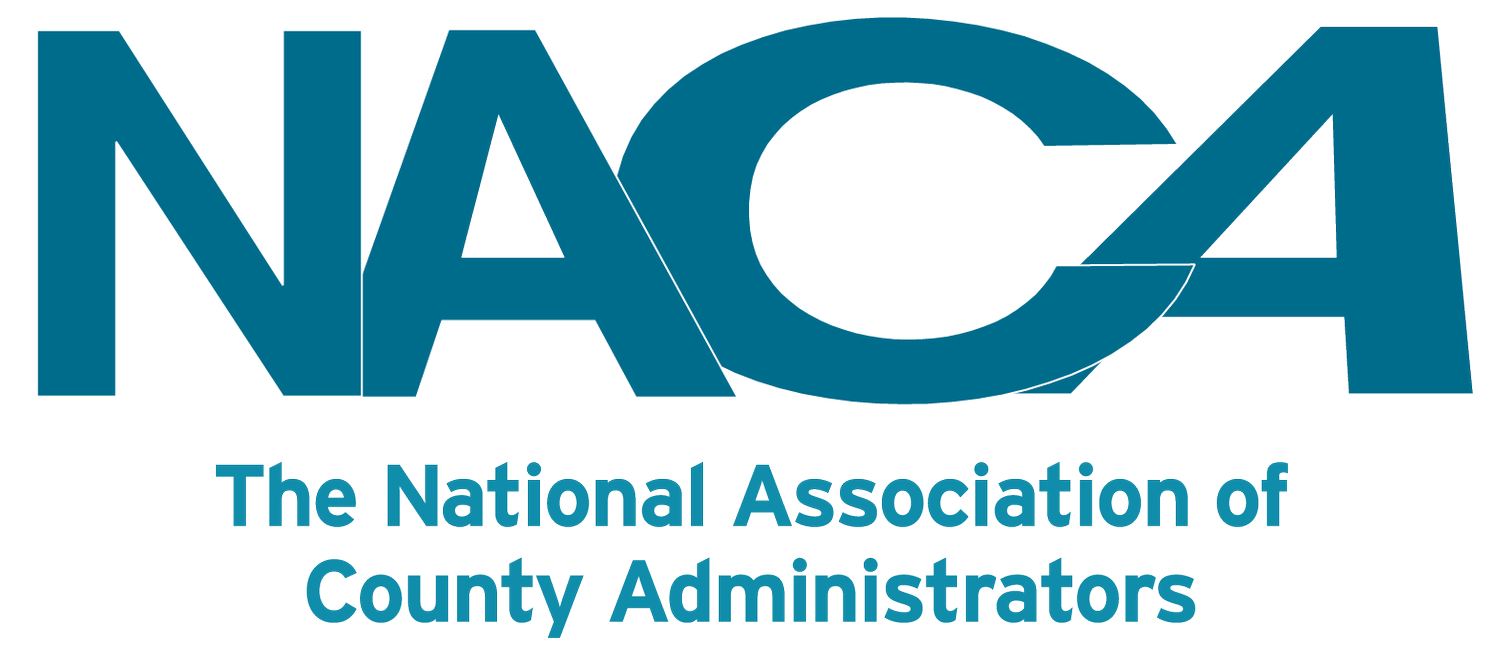Leadership Lessons Learned
Anyone who has been part of a successful group or organization knows that success doesn’t just happen. And, of course, the truth is when we are part of a group or organization, we all hope for and desire great leadership. But what are the qualities that constitute great leadership. As a former assistant city administrator, county manager, and city manager, my friends and colleagues would say that my glass was always half full with a real talent for positive thinking. Or, in the words of Dr. Norman Vincent Peale, the power of positive thinking.
Norman Vincent Peale believed that how one sees the world makes a tremendous difference in a person’s ability to achieve his or her goals. In my heart of hearts, I certainly could not agree with him more. And while it may seem simple enough, I have learned from my own experiences as a county manager and city manager that positivity does often beget positivity, especially if you have the right team around you.
In my career, I have been fortunate to have held a number of appointed and voluntary leadership positions in local government. And if there has been one constant with the various leadership positions I have held, it has been the lesson on the importance of having the ability to possess and employ a positive outlook regardless of the challenges I have faced. I have done this as often as I could, even when it was obvious to many (barring a few) that the odds of success might appear small, if not nonexistent.
In my career spanning over 30 years, I have learned over a dozen lessons on leadership that demonstrate what highly effective leadership looks and acts like. There are 13 lessons I have identified that I think translate to the nonprofit sector as well as the private sector. Lessons that I believe will help you to become a more successful leader than you ever thought possible. Here they are:
Adopt a damn the torpedoes belief in yourself, no matter what the challenges may be.
Initiate the change you seek. Because progress is impossible without change.
Be part of a great team. It was Walt Disney who said, “Whatever we accomplish belongs to our entire group, a tribute to our combined effort.”
Be a molder of consensus. In the words of Martin Luther King, Jr. “A genuine leader is not a searcher for consensus but a molder of consensus.”
Be persistent, don’t quit too soon! Continuous persistence and effort matter a great deal when practicing the art of leadership.
You can if you think you can. Or as Henry Ford liked to say, “If you think you can do a thing or think you can’t do a thing, you’re right.”
Be entrepreneurial. Or what I like to call a government entrepreneur if you will, by pursuing new initiatives as often as possible.
Do the right things because leadership is about doing the right things.
Think big one day at a time. Because leadership is hard and believe me when I say you will be a more effective leader when you take the time to chart your own path each and every day.
Be a Roman General. In other words, do not be afraid to take charge and accept the responsibilities that come with leadership.
Relationships, trust, and collaboration. As a respected colleague of mine advocated, without a trustworthy relationship the framework is not there for people to work well together.
It is how you respond that makes the difference. The big idea here is that any leader or emerging leader needs to be able to respond effectively to difficult situations.
Character and ethics matter. Our profession is fortunate to have a systematic well-thought-out ICMA Code of Ethics that is reviewed regularly showing how much we value our responsibility as public servants and our sense of duty to our communities.
I hope you find these lessons helpful. These are lessons that have proven to be effective for me in my career, as I expect they will be for you. I have written about them in my book titled Leading with My Glass Half Full. I hope you will take it upon yourself to read my book. I do wish you well in whatever it is you are doing and may attempt to do in the future. Take the appropriate action and make a positive difference in the world.
Author:
Peter J. Crichton, MPA, Retired
City Manager of Auburn, Maine
County Manager of Cumberland County, Maine
Assistant City Administrator of Lewiston, Maine
Past President of NACA, 2013-14


